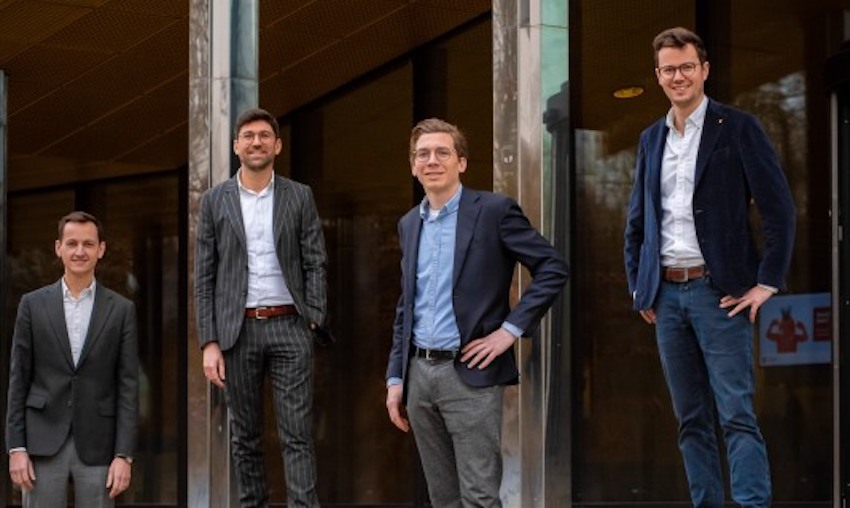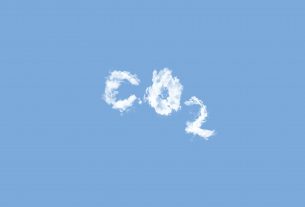Antwerp – Oxylum, a spin-off of the University of Antwerp, wants to build a pilot plant with CO2 as a feedstock for chemicals. The proof of concept on lab scale is in place and is now being scaled up and researched.
‘The ultimate goal is a pilot installation in an industrial cluster such as the port of Antwerp,’ hopes CEO Bert De Mot, ‘so that we can convert the CO₂ from a plant into products that can be used immediately in the port. Before the end of the year we are trying to build a 1 kilowatt installation that will enable us to produce up to 3 kilos of formic acid a day. That plant should then serve as a launching pad for scaling up the technology in the next few years to a full-scale pilot plant that produces up to 2,000 tons of formic acid per year. Building on more than a decade of research experience in electrochemistry, we have developed state-of-the-art catalysts and reactors to perform this reaction under the most optimal conditions. Now we are ready to take our technology out of the lab and showcase the future of chemistry.’
Formic acid
What high-value chemicals will CO₂ be converted into in the Oxylum lab? ‘We focus on formic acid in our pilot plant,’ explains CTO Sander Neukermans. ‘Formic acid or methanoic acid is used, among other things, to remove limescale in toilets and plumbing fixtures, or as a preservative in the agricultural industry, or as an intermediate in the pharmaceutical or textile industry. Currently it is still made from natural gas via an intermediate step, but we can thus produce it directly from CO₂ with our technology.’
‘Secondly, we are also looking at ethylene, to be produced from CO₂’, says De Mot, ‘for the production of plastics. Ethylene is currently also extracted from petroleum. There are already bioplastics, but the problem is that their properties are not quite the same as the properties of plastics today and that causes problems. By making ethylene renewable, we can make exactly the same plastics as now at the molecular level, but instead of starting from oil, we start from CO₂.’





